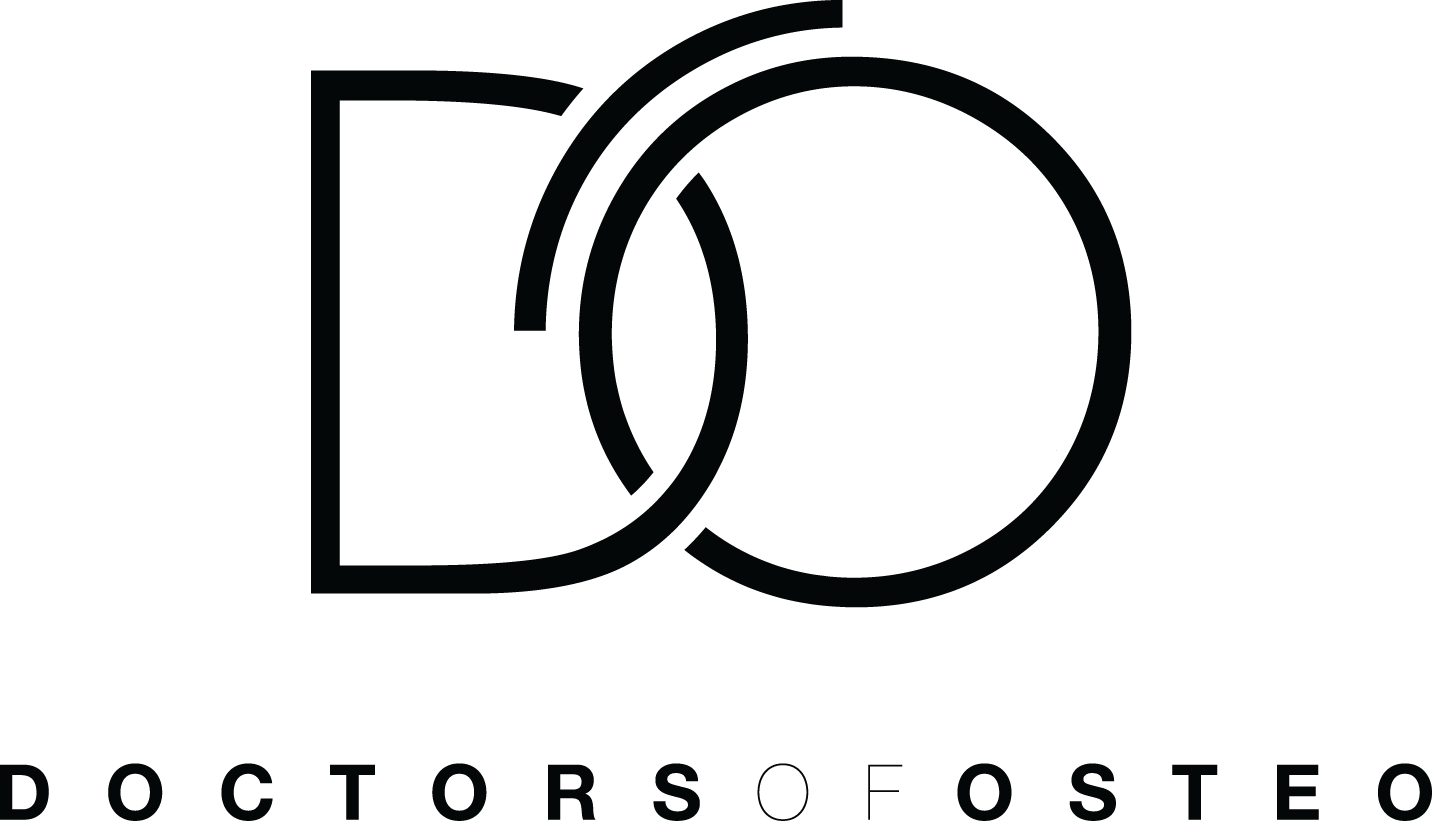Postpartum Mental Health and Physical Recovery: How Osteopathy and Adult Therapy Support New Mothers
The journey of motherhood is a whirlwind of emotions, and for many women, postpartum recovery is not just about healing physically but also mentally. Adult therapy, particularly in the context of postpartum recovery, offers invaluable support to new mothers facing emotional and physical challenges.
Understanding Postpartum Challenges
Childbirth is a transformative experience, but it often comes with a blend of joy, stress, and unexpected emotional struggles. Many new mothers grapple with postpartum depression, anxiety, and feelings of being overwhelmed. Physically, the body takes time to heal from childbirth, and new mothers often face fatigue, muscle tension, and hormonal fluctuations.
Postpartum recovery isn't just about bouncing back physically. It’s about addressing mental and emotional well-being too. This is where adult therapy becomes essential.
How Adult Therapy Helps New Mothers
Imagine juggling the sleepless nights, the constant feeding schedules, and the emotional rollercoaster while dealing with physical recovery. For new mothers, it’s easy to feel isolated, overwhelmed, and even guilty for not being able to handle everything at once.
Adult therapy provides a safe space for these mothers to express their concerns and receive professional guidance. Therapists trained in postpartum recovery understand the unique challenges women face during this phase. They help in managing emotional upheavals, processing feelings of guilt or anxiety, and providing coping mechanisms for the stress of new motherhood.
Therapy isn’t just about talking either. Therapists work with clients to create practical strategies to manage their day-to-day lives better. This might include mindfulness techniques, cognitive-behavioral strategies, or even relaxation exercises aimed at reducing stress levels.
The Role of Osteopathy in Physical Recovery
While adult therapy helps with emotional recovery, the physical aspect of postpartum healing can benefit immensely from osteopathy. Many new mothers experience back pain, pelvic discomfort, and muscle tightness after giving birth. Osteopathy is a holistic, hands-on therapy that focuses on the body’s musculoskeletal system and can help with reducing the patient’s pain and stiffness, regain balance and flexibility and speed up the physical recovery.
Combining osteopathy with adult therapy ensures new mothers have a holistic approach to healing. While one focuses on the physical aspect, the other addresses mental and emotional health, offering a comprehensive postpartum recovery plan.
Why Mental Health Support Matters Postpartum
Often, new mothers don’t prioritize their own mental health. There's a sense that the baby’s needs should always come first, leading to exhaustion and emotional burnout. However, neglecting one's mental health can lead to long-term consequences like postpartum depression, which, if left untreated, can affect both the mother and the child’s well-being.
Integrating Adult Therapy with Physical Care
For many mothers, finding time for self-care during postpartum can seem impossible. Between feeding schedules, diaper changes, and managing household responsibilities, their own needs take a back seat. But incorporating therapy, both physical and mental, can be transformative.
For instance, scheduling an hour for adult therapy once a week can give new mothers the space to decompress, reflect, and recharge. During these sessions, they can discuss their emotional challenges, gain insight into what’s causing their stress, and work with a therapist to create healthy coping mechanisms.
Similarly, incorporating osteopathy or another form of physical therapy into their routine, even for just an hour every couple of weeks, can work wonders. It helps the body heal from the trauma of childbirth, relieves pain, and boosts energy levels, making it easier to handle the physical demands of caring for a newborn.
The Long-Term Benefits of Therapy
The benefits of adult therapy and osteopathy extend well beyond the postpartum period. Women who make their mental and physical health a priority during this time often report feeling more resilient, connected to their bodies, and confident in their parenting abilities. Therapy equips them with tools to manage not just the immediate postpartum phase but also future stresses that come with motherhood.
By addressing both emotional and physical recovery through adult therapy, new mothers can find balance in their new roles. This support empowers them to better care for their children, maintain healthy relationships, and enjoy the experience of motherhood without feeling overwhelmed or isolated.
The Importance of Support Networks
Apart from professional therapy, building a support network is equally important for postpartum recovery. Whether it’s friends, family, or a community of fellow mothers, having someone to talk to and share experiences with can reduce feelings of isolation. These networks can also provide practical help, such as babysitting for an hour, so the new mother can attend her therapy sessions or simply take a break.
Final Thoughts
Postpartum recovery is a complex journey that requires more than just physical healing. Adult therapy and osteopathy offer new mothers a comprehensive approach to recovery by addressing both the emotional and physical challenges they face. By prioritizing their own well-being, mothers can find balance, reduce stress, and enjoy the process of bonding with their newborns.
If you're a new mother, or know someone who is, consider exploring the benefits of adult therapy for postpartum recovery. Taking care of your mental and physical health isn’t a luxury; it’s essential for both you and your baby’s long-term well-being.

